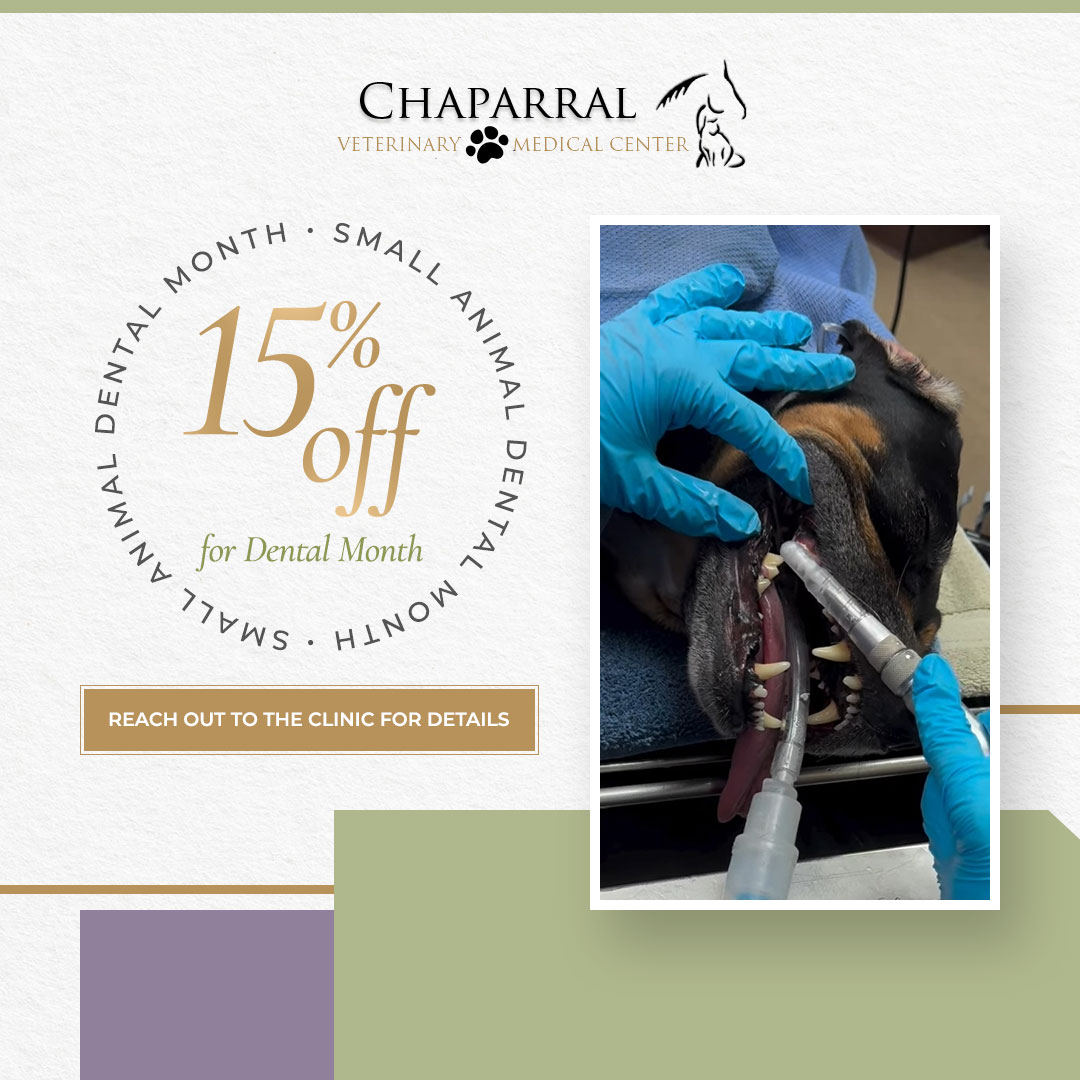Cave Creek, AZ 85331
The Health Dangers of Poor Pet Dental Hygiene

Did you know that pets can suffer from oral diseases just like humans? Well, dental hygiene is very important to keep your pet from getting dental diseases. Therefore, as a pet owner, you should find ways to improve their dental hygiene lest you risk their overall health.
It is easy for many pet owners to overlook dental hygiene, but that can be very dangerous. Poor oral hygiene could lead to dental issues and broader health issues. Some of the dental problems include:
Dental Decay
If you neglect your pet’s dental hygiene, their teeth may start decaying, which can be quite uncomfortable. Tooth decay can be debilitating and painful for your pet. Even worse, it could lead to loss of teeth, affecting their eating habits and day-to-day activities.
Gum Inflammation
Gum inflammation occurs when bacteria or plaque forms on your pet’s teeth, releasing toxins that cause damage to the gum tissues. The pet’s immune system releases white blood cells to destroy the bacteria. However, it causes inflammation of tissues, such as bones and gums, in the process.
When the gums get infected, the teeth become loose and start falling out. That causes your pet to experience severe pain, bleeding gums, and bad breath.
Inflammation could also lead to periodontitis. This is when the inflammation erodes the tissues supporting the teeth causing them to have pathological jaw fractures.
Some of the wider health dangers associated with poor dental hygiene include:
Diabetes
Like in humans, poor oral hygiene is one of the contributing factors of diabetes in pets. Infections and inflammations tend to decrease the body’s sensitivity to insulin and affect blood sugar levels. That increases the chances of getting diabetes and also makes it very difficult to regulate it.
Heart Disease
Bacteria caused by poor oral hygiene can travel from the mouth to the heart valves leading to heart disease and, even worse, heart failure. So, you must clean your pet’s teeth regularly to prevent bacteria from forming in their teeth or gums.
Loss of Weight and Malnutrition
Oral diseases are often accompanied by pain. That can make feeding very uncomfortable for your pet. As a result, your pet may refuse to eat or even play.
Over time, the poor eating habit can take a toll on your pet’s health, causing it to lose weight and malnourished. This, in turn, leads to health problems such as liver disease, heart disease, and kidney problems, among others.
If you notice that your pet has problems feeding, you can use antibiotics to reduce the pain’s severity. You can also feed them with canned foods or any soft foods that cannot harm the gums.
Bottom Line
The best way to maintain your pet’s oral health is through proper teeth maintenance and paying regular visits to your vet. However, if your pet is already showing signs of dental decay or bad oral hygiene, dental extractions and cleanings are an option.
Find out more information on good oral hygiene for your pet, contact Chaparral Veterinary Medical Center in Cave Creek, Arizona at (480) 595-8600.













